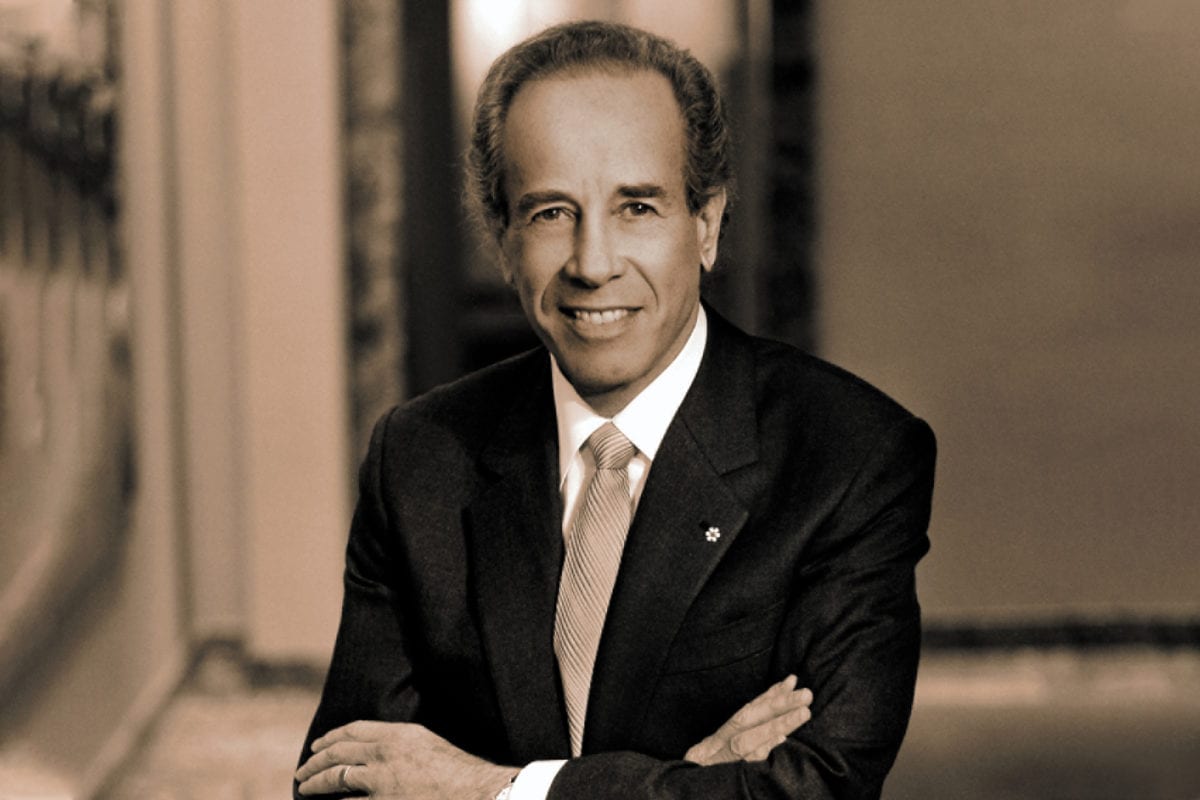In all relationships, it’s inevitable that, at some point, someone will offend the other party. All healthy relationships have a “release valve” or a way to constructively relieve pressure. Just as ancient Rome had sewage tunnels to get rid of garbage and waste, so too do effective relationships. In fact, one of the leading causes of relationship problems, both at home and at work, is an inability to manage conflict. Most people look at conflict as a bad thing, largely because they’ve seen relationships damaged by it. However, when handled properly, conflict can actually strengthen the relationship.
The first key to effective communication and conflict resolution is mastering your own story. In his seminal work, Man’s Search for Meaning, author Viktor Frankl wrote, “Between stimulus and response there is a space. In that space is our power to choose our response. In our response lies our growth and our freedom.” What that means for us is that people might say something or exhibit a certain behaviour that is potentially upsetting, but we still control how we react to it. What creates our emotions is the meaning we attach to events – the reason we believe something happened, or why a person behaved the way they did. Often, we can make what is called a fundamental attribution error. That means we attribute internal reasons to a person’s poor behaviour (thinking they’re a jerk) versus considering that outside factors might be affecting their behaviour (they may have just found out a relative has passed and they’re upset). As renowned life coach Tony Robbins writes, “It’s not the events that shape my life that determine how I feel and act, but rather, it’s the way I interpret and evaluate my life experiences.” In the end, the meaning we attach to an event creates our emotions about the event.
Suppose you’re driving on the highway, and a speeding car passes you very quickly. You tell yourself an ugly story about why the driver is behaving this way – you might assume it’s a thoughtless teenager who doesn’t care what happens to other drivers. Your evaluation causes you to get angry. Then, just as the car passes, you notice the driver is a woman with a small child covered in blood and screaming. You immediately realize they’re racing to the hospital emergency room. Now the meaning of the event has changed. The lady isn’t driving fast because she’s inconsiderate, she’s trying to save her child. Since your meaning for the behaviour has changed, your anger evaporates and is replaced by concern and compassion. And it happens in the blink of an eye.
The challenge in daily life is that we rarely get to see inside the proverbial car. We simply see the external poor behaviour, and rarely understand the private thoughts and motivations driving the person to behave the way they do. So we make up a story to explain their behaviour – and our story is usually an ugly one.
The fastest way to cut through this is to consider that there might be an alternative reason for the offending party’s conduct instead of the initial reason you’ve dreamed up. This requires a great deal of emotional intelligence. The ability to step back and examine your own thinking is one of the key abilities of leaders in business, families, and the community. It’s the mark of an unusually insightful and mature mind. And it involves saying to yourself, “Perhaps I’m wrong. Perhaps there’s more to the story than what I know. Perhaps I need to pause and collect more information before jumping to a conclusion.” Steven Covey calls this “seeking first to understand, then be understood” and it’s one of the most powerful interpersonal communication skills you can possess.
The next time someone offends you, first recognize the story you’ve told yourself. Simply finish this statement: “The reason Bob did this is because ___________.” Whatever your answer, that’s the story you’re telling yourself. Now, rewrite your story to be a more forgiving and understanding one. You might ask yourself, “Why would a reasonable person behave this way? What could be a reasonable explanation?” When you can consider that they might have a good reason for their behaviour, you’re in a better place mentally and emotionally when you finally do sit down to address your issues.
CJ Calvert | Contributing Writer



CJ Calvert is a professional speaker and the author of Living an Exceptional LIFE. With over 15 years of training experience, CJ speaks on a daily basis before world-class organizations like IBM, Microsoft, Bank of Montreal, and The Co-Operators. Because of his expertise, he has been a featured guest on Breakfast Television. He makes his home in Ajax, Ontario with his amazing wife and son.















